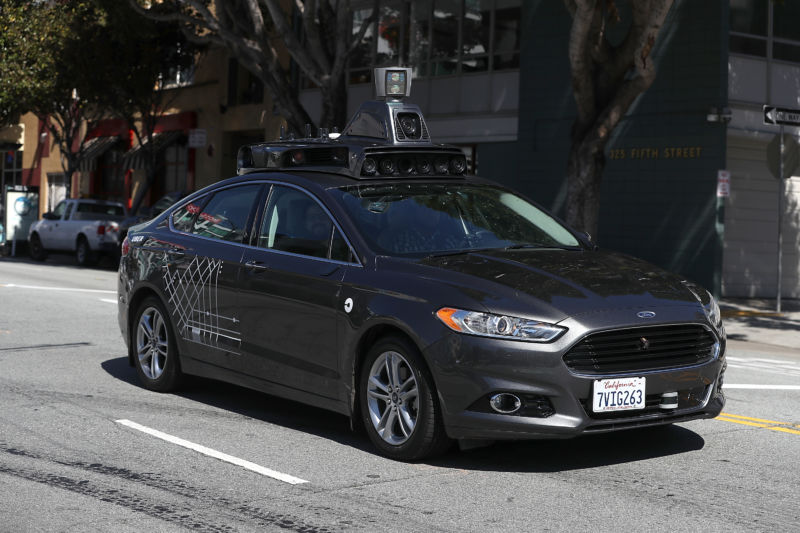
The new regulations, which take effect as of April 2, will pave the way for companies like Waymo, Uber, GM, and others to continue autonomous vehicle (AV) testing on the roads of the Golden State and likely will lead to the technology becoming mainstream.
In 2014, California was the first state to adopt rules for testing autonomous vehicles on public streets. But many now feel that those regulations were too prescriptive and were not flexible enough to adapt to a technology that is maturing rapidly. As a result, testing programs have flourished in other states, like Arizona.
"This is a major step forward for autonomous technology in California," DMV Director Jean Shiomoto said in a statement. "Safety is our top concern and we are ready to begin working with manufacturers that are prepared to test fully driverless vehicles in California."
Among other requirements imposed as part of the permitting process, companies must show that there is a link for remote control, allowing the car to be operated from afar. The rules were discussed during a hearing in Sacramento in 2017.AV makers must also provide a "law enforcement action plan," which includes instructions that explain how to contact the remote human operator and how to disengage the AV mode, among other requirements. The rules do not say what kind of data law enforcement will be able to access from AVs.
Consumer Watchdog, a group that has routinely opposed AV technology, slammed the new rules in a statement on Monday.
"A remote test operator will be allowed to monitor and attempt to control the robot car from afar," said John M. Simpson, the group's privacy project director. "It will be just like playing a video game, except lives will be at stake."
reader comments
180